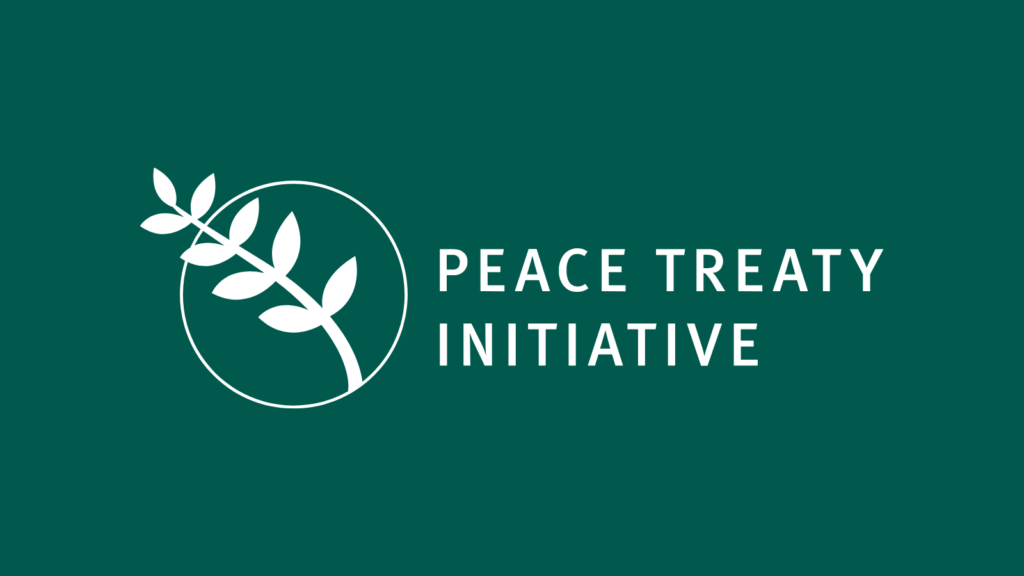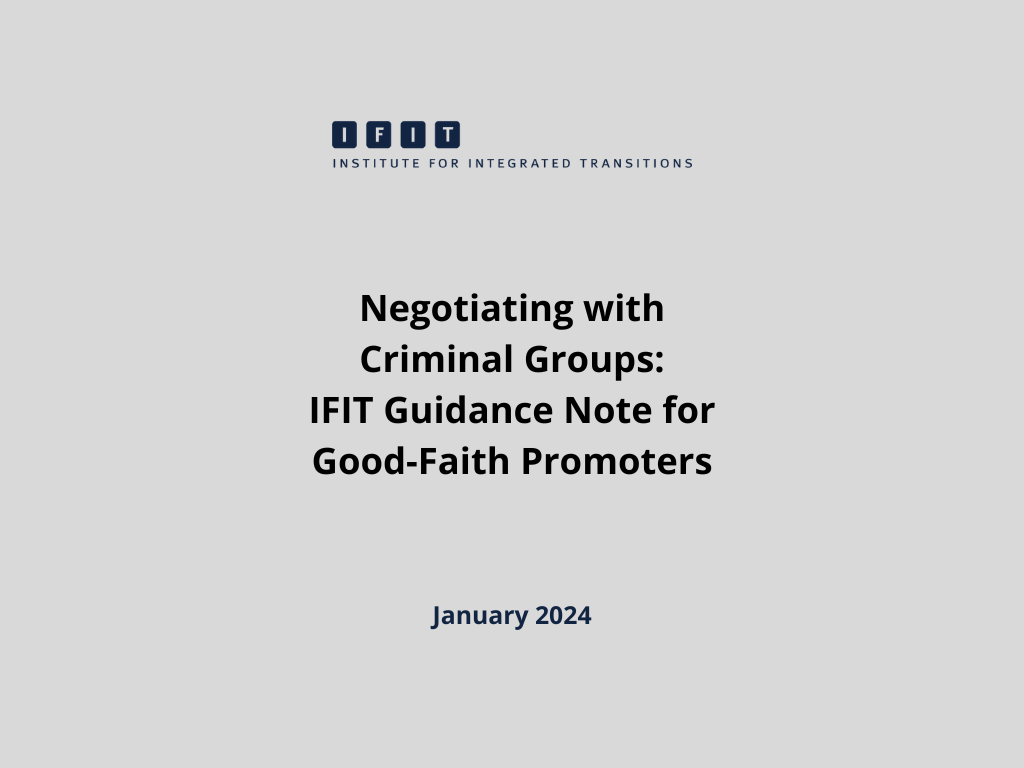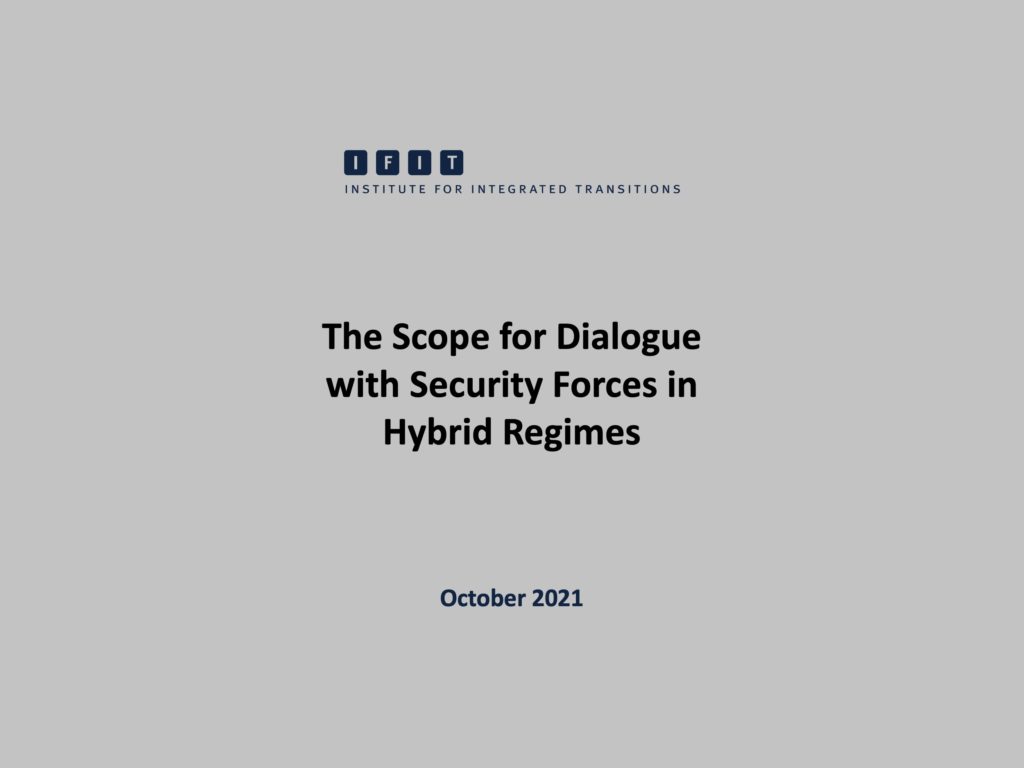Publication
/ Law and Peace
Rethinking Peace and Justice
This IFIT essay aims to provoke an overdue discussion in the mediation and human rights fields on the benefits of adopting a less ideological approach to balancing peace and justice.
The publication demonstrates that flexible approaches to justice, particularly as part of negotiated transitions out of armed conflict, have received increased recognition in international law and policy in recent years. Drawing on state practice and policy, the publication explains how carefully designed legal leniency measures can play an important role in helping societies to move beyond violent pasts; and how negotiation techniques and process design can take advantage of the flexibility international law allows in order to balance peace and justice.
The ideas expressed in this publication are informed by the experience of the members of IFIT’s Law and Peace Practice Group, who have had direct involvement in the negotiation of amnesty and accountability issues in over 20 countries.
The DOI registration ID for this publication is: https://doi.org/10.2139/ssrn.3842933
You may also be interested in
![IFIT Peace Treaty Initiative]()
Public Commentary
/ 11 November 2020
Building the International Law of Peace
By Mark Freeman / IFIT Founder and Executive Director
![]()
publication /
Law and Peace
Negotiating with Criminal Groups: IFIT Guidance Note for Good-Faith Promoters
![]()
publication /
Law and Peace
Partial Agreements: The Functional Alternative to All-Encompassing Settlements
![]()
publication /
Law and Peace
The Scope for Dialogue with Security Forces in Hybrid Regimes
Available in:
-
Español
![]()
publication /
Law and Peace
Effective Participation in Political and Peace Negotiations
Available in:
-
Español
This IFIT essay aims to provoke an overdue discussion in the mediation and human rights fields on the benefits of adopting a less ideological approach to balancing peace and justice.
The publication demonstrates that flexible approaches to justice, particularly as part of negotiated transitions out of armed conflict, have received increased recognition in international law and policy in recent years. Drawing on state practice and policy, the publication explains how carefully designed legal leniency measures can play an important role in helping societies to move beyond violent pasts; and how negotiation techniques and process design can take advantage of the flexibility international law allows in order to balance peace and justice.
The ideas expressed in this publication are informed by the experience of the members of IFIT’s Law and Peace Practice Group, who have had direct involvement in the negotiation of amnesty and accountability issues in over 20 countries.
The DOI registration ID for this publication is: https://doi.org/10.2139/ssrn.3842933
You may also be interested in

Public Commentary / 11 November 2020
Building the International Law of Peace

publication / Law and Peace
Negotiating with Criminal Groups: IFIT Guidance Note for Good-Faith Promoters

publication / Law and Peace
Partial Agreements: The Functional Alternative to All-Encompassing Settlements

publication / Law and Peace
The Scope for Dialogue with Security Forces in Hybrid Regimes
- Español

publication / Law and Peace
Effective Participation in Political and Peace Negotiations
- Español


